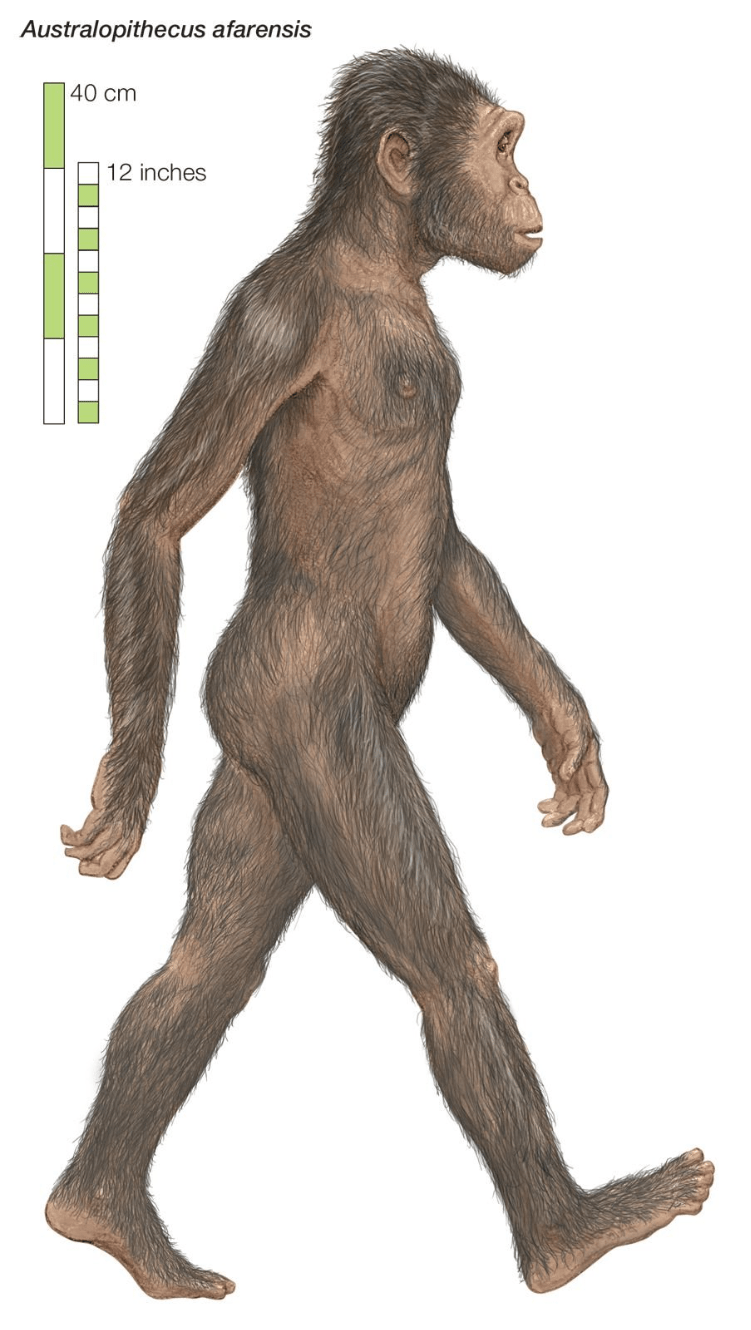How many continents are there?
7 continents
Name the 5 oceans.
Atlantic, Pacific, Indian, Arctic, Southern/Antarctic
Word #1
Pope
Considered the greatest playwright of all time for writing plays like Romeo and Juliet, he lived in London during the Northern Renaissance.
William Shakespeare
The Great Pyramid of Giza can be found in this country.
Egypt
In the Neolithic Revolution, what did humans learn how to do?
Farm, grow and harvest crops
People who travel from place to place rather than settling down. Usually collect food by hunting and gathering.
Nomads
Works from Greece and Rome became known as the ____________ and were sources of inspiration in the Renaissance.
Classics
Word #2
Humanism
The father of the Hebrews or the founder of Judaism, who formed a covenant with God (according to the Torah).
Abraham
Mesopotamia
During the Northern Renaissance, Johann Gutenberg invented this machine which would help spread ideas during the Protestant Reformation.
The printing press
We use this word to describe religions that believe in more than one God.
Polytheistic
During the Middle Ages, about one third of Europe died due to this. BE VERY SPECIFIC.
The Bubonic Plague
Word #3
Predestination
The adult female hominid whose mostly intact skeleton was found by Donald Johanson in Ethiopia.

Lucy
The largest hot desert in the world.
Sahara
A rise in the price of goods and services, accompanied by a decline in the value of money.
Inflation
According to Christianity, who is the Messiah?
Jesus
Name the 4 River Valley Civilizations.
Word #4
Enlightenment
This merchant and explorer from Venice, Italy wrote a book about his years spent traveling through Asia.
Marco Polo
As part of the Five Pillars of Islam, Muslims are expected to make a pilgrimage to this holy city, if they are able to.
Mecca
India experiences these seasonal winds, which may bring lots of rain or dry, cooling airs.
Monsoons
The Egyptians developed this writing system, which they used to keep records on papyrus.
Hieroglyphics
These two Greek city-states competed with each other for power and influence, eventually leading to the Peloponnesian War.
Athens and Sparta
Word #5
Democracy
This ruler of the Babylonian Empire (1792 - 1750 B.C.E.) is remembered for his law code which had strict punishments for crimes. "An eye for an eye."
Hammurabi
This country is located on a group of islands east of China - close enough to learn from China, but far enough to be safe from invasions.
Japan
Type of government where people elect representatives to handle government affairs and make decisions in their place.
A republic
What do we call the two intersecting sets of lines that form a grid across the map, assigning coordinates to locations such as 50°N, 35° E.
Latitude and longitude.
Latin for "Mongolian Peace", this term describes the period of peace and stability brought to the large territories of Asia and Europe the Mongols controlled.
Pax Mongolica
Word #6
Patrician
This man was the ruler of Mali from 1312-1332 and is believed to be the richest person in history due to the extreme amount of gold he owned.
Mansa Musa
In the Crusades, Christian knights from Europe fought the Muslim armies for control of this holy city.
Jerusalem
The famous trade route across land that connected Europe and Asia. Named after one of China's most desired products.
The Silk Road
Reasons for migration, as in the factors that cause people to leave an area and factors that draw people into a certain area.
Push and Pull Factors
Socrates, Plato, Aristotle
Word #7
Renaissance
China based their civil service exam on this very influential Chinese philosopher's ideas about social order, harmony, and good government.
Confucius
Believed by many to be the strongest city in the world at the time, this city was the capital of the Byzantine Empire until it fell to the Ottomans and was renamed Istanbul.
Constaninople
The political and social system that existed in Japan and Medieval Europe where land was exchanged for loyalty and military service.
What were the 3 G's (motivations) driving Europeans in the Age of Exploration?
God, Gold, and Glory
Name the 7 characteristics of civilization.
Job specialization, social hierarchy, technology, writing/language, cities, religion, and government.
Word #8
Mediterranean
Although he died before he could finish the journey, this man's crew became the first people to circumnavigate the world.
Ferdinand Magellan
Before conquering Greece, Persia, Egypt, and more, Alexander the Great and his father King Philip II were rulers of this kingdom to the north of Greece.
Macedonia
King John of England was forced by his lords to sign this document, which established certain rights the king could not take away from the people, like the right to a trial by jury.
The Magna Carta